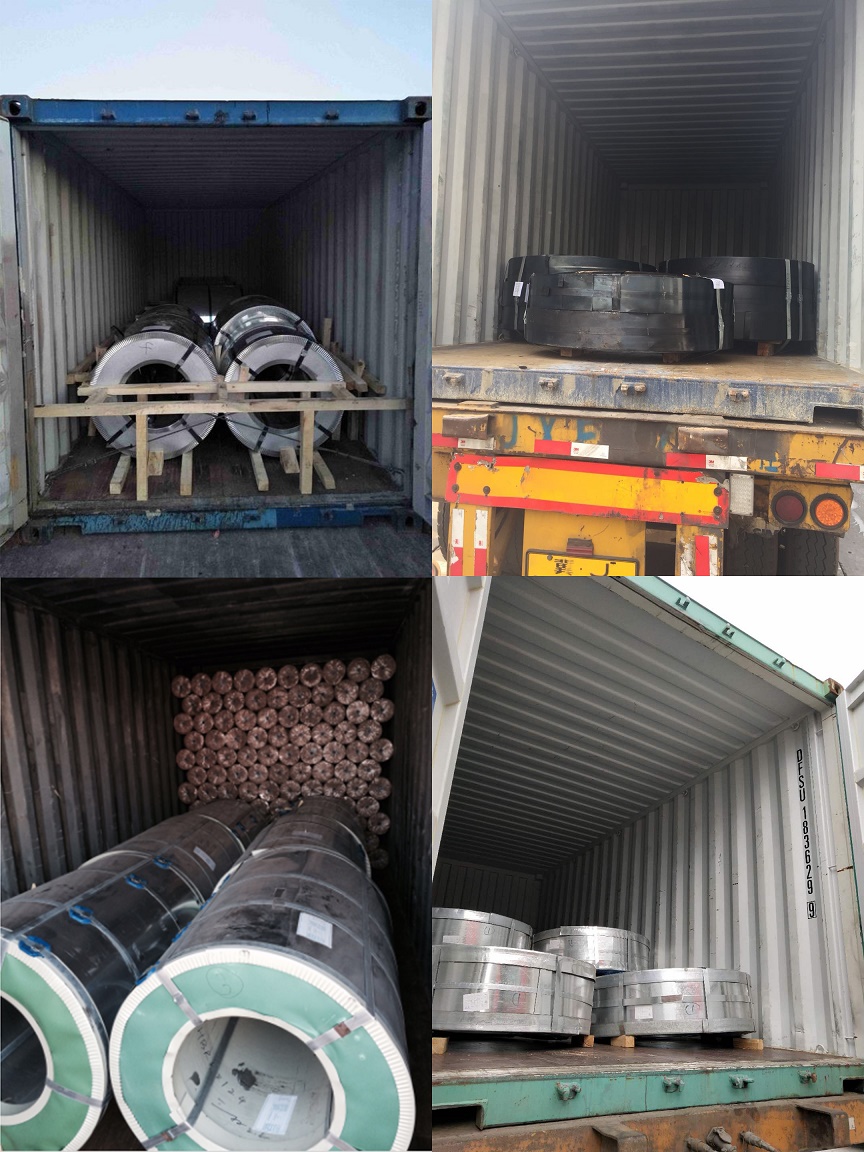
The Evolution and Benefits of Glazed Tile Roll Forming Machines
In the modern construction and architectural industry, the demand for high-quality, aesthetically appealing roofing and cladding materials continues to rise. One of the most efficient and effective ways to meet this demand is through the use of glazed tile roll forming machines. These innovative machines have revolutionized the production process, enabling manufacturers to create durable, beautiful, and cost-effective glazed tiles that enhance the aesthetic and functional qualities of buildings.
What is a Glazed Tile Roll Forming Machine?
Glazed tile roll forming machines are specialized pieces of equipment designed to produce glazed tiles in a continuous and automated manner. These machines utilize a series of rollers to shape metal sheets into desired tile profiles, incorporating a glazing process that provides a glossy finish. The result is a product that closely resembles traditional ceramic tiles but boasts superior properties like increased durability, lighter weight, and lower production costs.
The Process of Roll Forming
The roll forming process begins with feeding flat metal sheets into the machine. As these sheets pass through a series of rollers arranged in succession, they are gradually shaped into the desired tile profile. The rollers can be customized to create various designs, ensuring that manufacturers can cater to different architectural styles and customer preferences.
Once the shaping is complete, the tiles undergo a glazing process. This involves applying a layer of glaze, which not only enhances the visual appeal but also adds a layer of protection against the elements. The tiles are then baked in high-temperature kilns, ensuring the glaze adheres properly and provides a robust, long-lasting finish.
Advantages of Glazed Tile Roll Forming Machines
1. Efficiency and Speed One of the primary advantages of using glazed tile roll forming machines is the efficiency they bring to the manufacturing process. The continuous operation allows for high output with minimal labor, significantly reducing production times compared to traditional tile manufacturing methods.

2. Cost-Effectiveness The automation and streamlined nature of roll forming lead to lower operational costs. Manufacturers can produce more tiles in less time, translating to better pricing for consumers. Additionally, since these tiles are made from metal rather than clay, the cost of raw materials can be lower, further enhancing cost efficiency.
3. Durability Glazed tiles produced through roll forming are often made from high-quality metals such as steel or aluminum. These materials are resistant to cracking, chipping, and other forms of wear and tear. The glazing process also contributes to the longevity of the tiles by providing a protective outer layer.
4. Aesthetic Versatility Roll forming machines can produce a wide range of tile designs, colors, and finishes. This versatility allows architects and builders to choose from an array of options that complement various building styles, from modern designs to traditional aesthetics.
5. Environmental Benefits The manufacturing process of glazed tile roll forming is typically more environmentally friendly than traditional tile production. Metal tiles can be made from recycled materials, and their lightweight nature reduces transportation emissions. Additionally, the energy consumption during the production process can be lower, contributing to a smaller carbon footprint.
Applications in Construction
Glazed tiles created with roll forming machines are suitable for a variety of applications, including roofing, wall cladding, and decorative features in both residential and commercial buildings. Their inherent properties, such as fire resistance and weatherproof qualities, make them ideal for diverse climates and conditions.
Moreover, as the trend towards sustainable building practices continues to grow, architects and builders are increasingly looking for materials that offer both beauty and performance. Glazed metal tiles meet these demands, providing a reliable solution that enhances the overall integrity of structures while allowing for creative architectural expressions.
Conclusion
The glazed tile roll forming machine represents a significant advancement in the production of building materials. By combining efficiency, cost-effectiveness, durability, and aesthetic appeal, these machines have positioned themselves as essential tools in the construction industry. As technology continues to evolve, we can expect further innovations in tile production that will continue to meet the ever-changing needs of builders and architects worldwide. Investing in a glazed tile roll forming machine not only streamlines production but also opens up new avenues for creativity and sustainability in architecture.